
Close

Technological Innovations in Research Communication


Archival Resource Keys (ARKs) is an open PID system that provides reliable references for information objects. They are a cost-effective and flexible alternative for assigning persistent identifiers. In this seminar, we will present two implementation experiences of ARK in the Latin American region. ARK-CAICYT is a service platform for assigning persistent identifiers, while dARK is a decentralized and open PID service conceived from the beginning as a public good for the Open Science ecosystem.
About
In the current research ecosystem, Persistent Identifiers (PIDs) are a key element for identifying and referring to articles, books, authors, documents, files, databases, samples, artworks, and web pages, among other digital objects, in a “permanent” manner.
Digital Object Identifiers (DOIs) have established themselves as an effective and standardized solution for identifying digital objects. However, in some regions of the Global South, DOI coverage is low due to the costs associated with these services for certain institutions.
In this context, we present alternative, complementary, and innovative solutions developed in Latin America aimed at improving PID coverage in our region.
Archival Resource Keys (ARKs) is an open PID system that provides reliable references for information objects, offering a low-cost and flexible alternative for assigning persistent identifiers.
In this seminar, we present two implementation experiences of ARK in the Latin American region.
The seminar will provide an overview of the topic, along with the approach that LA Referencia is developing in collaboration with its national nodes. Following that, specific projects will be presented, and the audience will be invited to share their questions.
Agenda
11:00 – 11:05 Welcome by Andrea Mora, President of LA Referencia (5 min) [VIDEO]
11:05 – 11:15 The state of persistent identifiers in the Latin American region, Lautaro Matas (10 min) [VIDEO]
11:15 – 11:35 ARK-CAICYT – Diego Ferreira, Carlos Autier (20 min) [VIDEO] [DOWNLOAD]
11:35 – 11:55 dARK – Lautaro Matas, Washington Segundo (20 min) [VIDEO] [DOWNLOAD]
11:55 – 12:10 Audience Questions (15 min) [VIDEO]
Chair
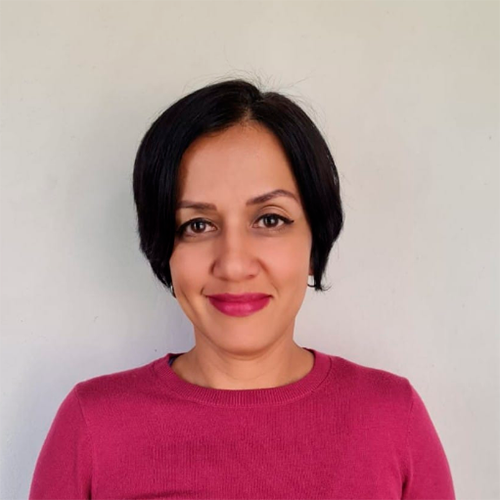
ORCID: 0000-0001-9813-2674
President of LA Referencia (Latin American and Spanish Network of Open Access Repositories). She is an academic advisor for Open Science of the Vice-Rectory of Research, Universidad Nacional, Costa Rica. She is currently a member of the Open Knowledge Subcommittee of the National Council of Rectors, Costa Rica.She is a founding member of the Research Data Alliance (RDA) Costa Rica node and The Americas Region. She is also coordinator of the Open Science Group of the Consejo Superior Universitario Centroamericano (CSUCA).She was editor of the journal MHSalud, Revista ABRA and Economía y Sociedad of the Universidad Nacional, Costa Rica and of the magazine Pensar en Movimiento of the Universidad de Costa Rica.She has a master's degree in Integral Health and Human Movement and several trainings in Open Science, Visibility and Scientific Communication. She has several publications and has been a speaker and international promoter in Open Science topics.
Speakers
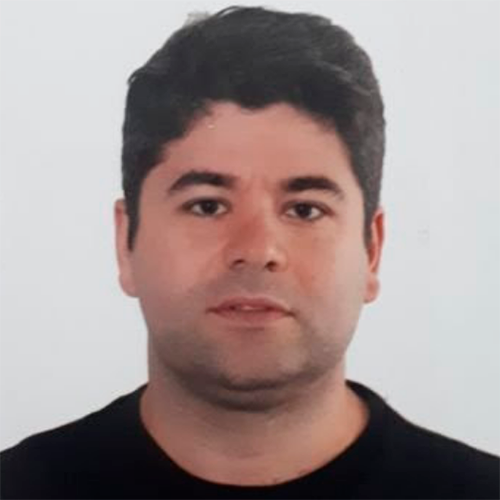
ORCID: 0000-0003-0272-1592
Executive and Technical Director at LA Referencia. Project Leader/Developer of the LA Reference Software Platform (LR Harvester). He studied Computer Science at the Universidad de Buenos Aires. Since 2002 is member of the Center for Studies on Science, Development and Higher Education (Centro REDES). He was part of the technical team of Red Iberoamericana de Indicadores de Ciencia y Tecnología (RICYT). Between 2005 and 2011, he worked at the Argentine Center for Scientific and Technological Information (CAICYT-CONICET), oversaw the implementation and coordination of the SciELO Argentina project and later the development of software for the area of patents and strategic intelligence. Between 2009 and 2019 he was part of the technical team of the Ibero-American Observatory of Science, Technology and Society (CAEU/OEI), acting as Coordinator/Developer portal Intelligo, an open explorer of open access repositories and collections of invention patents based on natural language processing and data mining techniques.
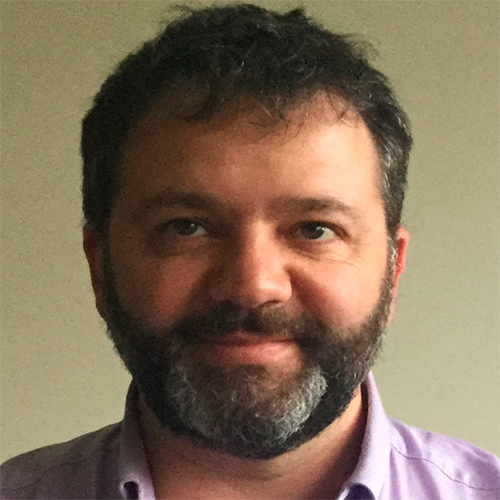
ORCID: 0000-0001-6823-5496
Diego Ferreyra has a degree in Library Science and Documentation, a Bachelor of Arts, a Specialist in Communication Design Theory (UBA. FADU) and a Master's degree in Information and Knowledge Management (Université Paul Valery III). Responsible for the area of Documentary Technology at CAICYT-CONICET, technical responsible for the Legal Vocabularies Bank of the Argentine Legal Information System of the Ministry of Justice and Human Rights (Argentina), co-founder of mole.guru and developer responsible for Tematres (free tool for the management of controlled vocabularies). He is a regular adjunct professor at the Faculty of Philosophy and Letters of the Universidad de Buenos Aires.
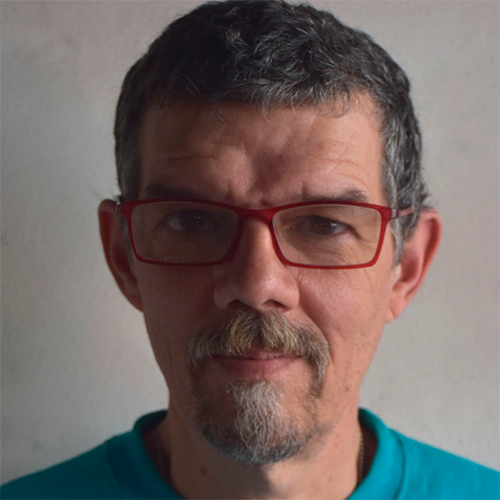
ORCID: 0000-0001-5754-6168
Editor. Professional at CAICYT-CONICET. National Coordinator Argentina Latindex. Responsible for the ISSN National Center. Professor UBA. Faculty of Philosophy and Language.
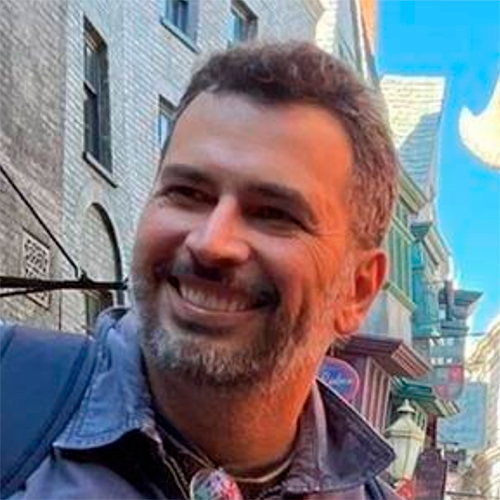
ORCID: 0000-0003-3635-9384
He holds a PhD and a Master's degree in Informatics from the University of Brasília, with a Sandwich Doctoral Internship at King's College London. He holds a degree in Mathematics (Bachelor and Degree) also from the University of Brasília. He is Technical Coordinator of the Treatment, Analysis and Dissemination of Scientific Information at the Brazilian Institute of Information in Science and Technology (Ibict / MCTI). He is a member and coordinates projects, committees in the areas of Open Science and Data Science. He is leader of the Brazilian Scientific Research Ecosystem Research and Laboratory Group (LaEPeCBr) (http://dgp.cnpq.br/dgp/espelhogrupo/9750187028652303, https://pnipe.mctic.gov.br/laboratory/3911). Areas of research interest: Formal Methods, Open Digital Repositories, Scientific Data Repositories, Interoperability between Open Information Systems, Open Science and Data Science.
Code of Conduct
It is expected that all participants in events promoted by SciELO follow our Code of Conduct.